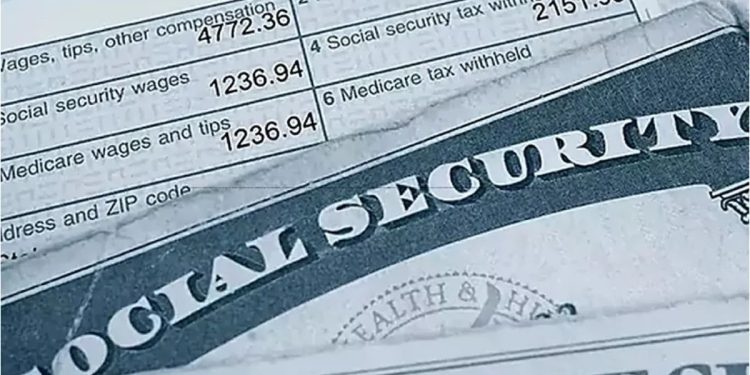A new tax bill championed by the Republican Party is stirring significant debate across the United States. Promoted by the White House as a measure to deliver “permanent tax cuts and bigger checks,” experts warn that the legislation may disproportionately favor high earners while potentially harming low-income households.
Disproportionate Benefits for High Earners
Analyses from leading policy organizations reveal a stark disparity in who stands to gain from the proposed tax changes. According to the Center on Budget and Policy Priorities (CBPP), households earning over $1 million annually could see their net income rise by 4.3%. In contrast, the lowest 20% of earners would receive only a marginal 0.6% increase, roughly equating to $90 per year.
Further, the Tax Policy Center supports these findings, showing the richest 20% would experience nearly a 3.7% increase in net income, while the poorest 20% would see minimal benefit. Alarmingly, the Penn Wharton Budget Model highlights that once cuts to critical social programs such as Medicaid and food assistance (SNAP) are factored in, households making less than $17,000 annually could face losses of over $1,000 by 2026.
Key Provisions in the Republican Plan
The legislation aims to extend the tax cuts introduced in the 2017 Tax Cuts and Jobs Act, alongside introducing new measures including:
- Eliminating taxes on tips and overtime wages.
- Expanding the standard deduction available to taxpayers.
- Raising the cap on state and local tax (SALT) deductions from $10,000 to $30,000.
While the elimination of taxes on tips is designed to benefit workers in traditionally tipped occupations, such as waitstaff, this advantage is limited. Only households earning under $160,000 would be eligible, and the overall impact is modest. The Tax Policy Center notes that just 2% of households, primarily those with tipped workers, would benefit from an average tax cut of $1,800 annually. However, many tipped workers—over a third—do not pay income tax and thus would see no direct financial gain.
Tariffs Could Undermine Benefits for Low-Income Families
Experts also warn that tariffs imposed during the Trump administration could diminish the positive effects of the proposed tax cuts. Low-income households tend to spend a larger portion of their income on imported staples, and the price increases resulting from tariffs could cost them an additional $100 annually, potentially offsetting any tax relief they receive.
Political Roadblocks and Future Outlook
Despite strong backing from former President Trump and some Republican leaders, the bill has encountered resistance within the party. Five Republican members have blocked its advancement in committee, citing concerns that it does not sufficiently address public spending reductions. Nevertheless, the bill is expected to be brought to a full vote in the House of Representatives.
Conclusion
While the Republican tax bill promises permanent tax cuts and financial relief, the evidence suggests the benefits will be heavily skewed toward wealthy Americans. Low-income families may see little to no gain—and could even face losses—once reductions in social programs and tariff effects are considered. As the bill moves through Congress, the debate over fairness and economic impact is likely to continue.











